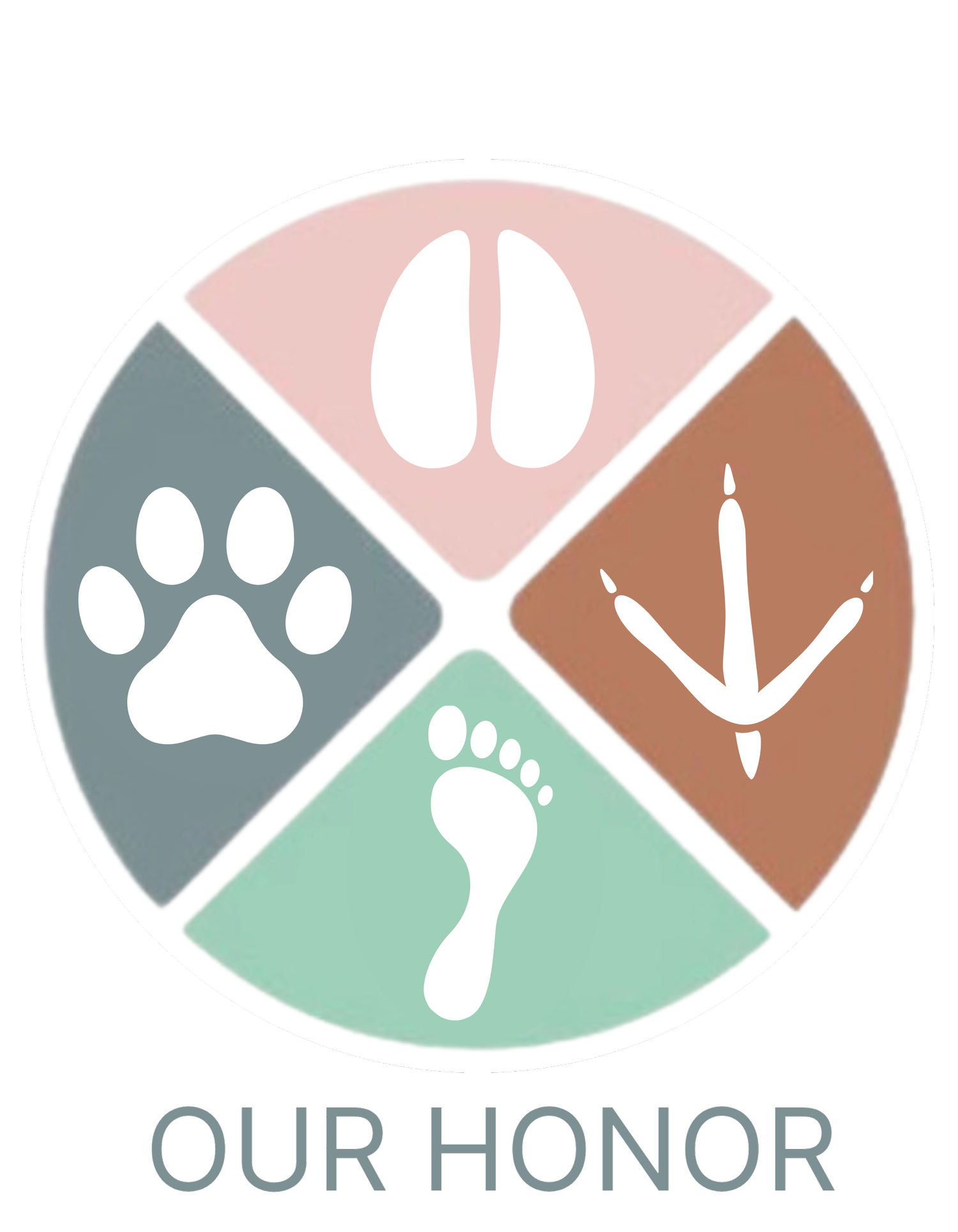Anti-LGBTQIA+ Hate Speech at Texas A&M Exposes Veterinary Medicine’s Diversity Problem
Photo by Sharon McCutcheon on Unsplash
In the midst of Pride Month at Texas A&M, Vince Hardy, a program coordinator in the Department of Veterinary Pathobiology, responded to a fundraising invitation for the Trevor Project, an organization focused on suicide prevention in LGBTQIA+ youth, with the following, “I realize that sexual deviations are on the increase in today’s society (and are even being accepted as normal by many),” and “I do not promote nor celebrate sexual perversions. Rampant sexual perversion and the killing of poor innocent children (and a nation’s acceptance of these sins) are two things which lead to God’s judgement upon a nation and its demise.” Hardy then referenced Biblical scripture and asked that he be removed from the email list.
Rightfully, students were outraged by Hardy’s statements. The outcry against Hardy’s hate speech was swift and immediate. One op-ed called for Hardy’s dismissal. A day later, Hardy apologized via email, asserting his “love for all people and desire to treat them with the respect and dignity that they deserve.” The Dean of the CVM issued a lukewarm e-mail statement where he likened the college members to a “jigsaw puzzle” in which each piece depends upon the other. He also wrote that he had “taken administrative steps” to deal with the situation, leaving students to wonder what exactly that means.
In contrast to the CVM administration’s seemingly tepid response, the veterinary resident and PhD student who originally sent the email that incited Hardy’s diatribe has received an outpouring of support from the college community, with the Trevor Project fundraiser reaching over $16,000. But many students within the CVM remain concerned about how their education may be affected by a faculty member who holds such bigoted views. Krysten Gonzales, a veterinary student, says, “Hate is not an Aggie core value. We want and deserve decisive action against the hate speech directed to the LGBTQIA+ community.” Gonzales, a queer student, went on to say, “The first step in fostering a safe environment for all is corrective action when that space is compromised. While many community members came to the defense of those targeted with the email, more action is needed. Differences in opinion are always expected, but a lack of professionalism and complete disregard for the acceptance of the LGBTQIA+ community is not expected and should not be tolerated.”
The situation at Texas A&M highlights a wider problem of diversity, equity, and inclusion (DEI) in veterinary medicine. For years, veterinary medicine has lagged behind other health professions in promoting DEI. The Association of American Veterinary Medical Colleges’ (AAVMC) 2019-2020 Annual Data Report shows that veterinary students are still overwhelmingly white, heterosexual, and female, with 80% of students identifying as straight. There’s additional evidence that the climate of veterinary schools may not be welcoming to LGBTQIA+ students, as a 2020 survey of LGBTQIA+ veterinarians and students shows. In this study, the experiences of 440 LGBTQIA+ veterinary professionals and students in the United States and United Kingdom were surveyed, and the findings were concerning—particularly for veterinary students. In comparison to professionals, students reported being subjected to more homophobic language and less supportive environments, and they were less likely to disclose their identity. Across the board, all LBGTQIA+ veterinary professionals and students exhibited higher occurrences of suicidal thoughts and suicide attempts when compared to the general population of male and female veterinarians. LGBTQIA+ veterinarians are also more likely to face hostile working conditions, as shown in a 2019 British Veterinary Association study demonstrating that LGBTQIA+ veterinarians experienced discrimination twice as frequently as heterosexual veterinarians.
All veterinary students deserve to have an educational space that is safe and supported, yet the culture of veterinary medicine has been slow to adapt and embrace a more inclusive community. Incidents like the one at Texas A&M expose the failings of the veterinary profession and underscore the urgent need for change. In a profession that touts its commitment to ethics and compassion, it’s time we started acting on those values and create a community of equity and inclusion for all.
Dr. Ingrid L. Taylor is a veterinarian and writer who provides expert testimony in cruelty cases and works with veterinary schools and veterinary technician programs to encourage humane training methods. She also works to help the transition towards non-animal based research methods. Follow her on Instagram and Facebook.

